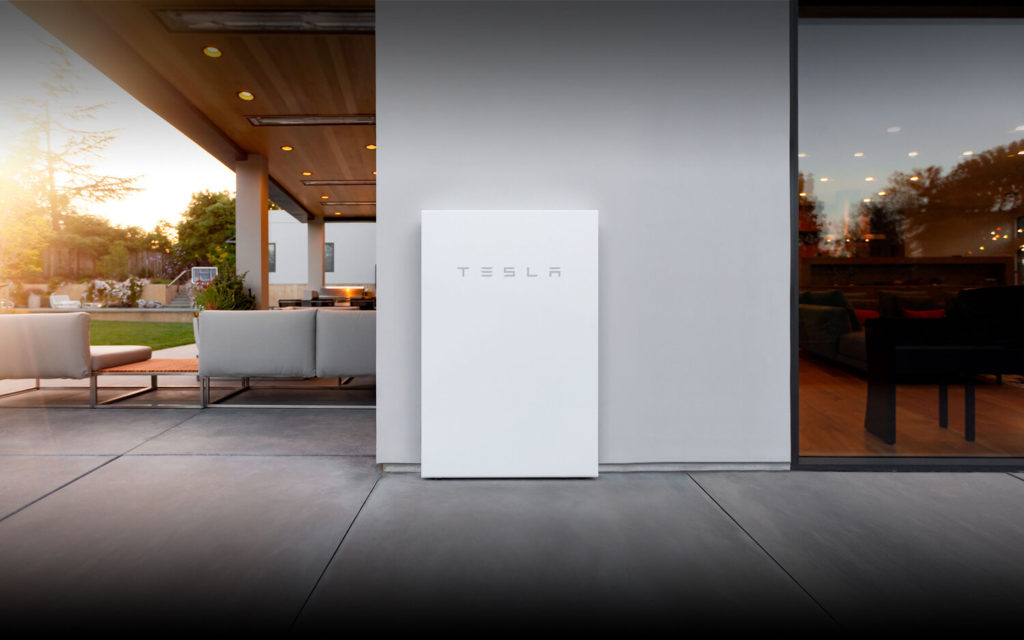The U.S. economy has been declining ever since the start of the pandemic – except for the power storage industry, which has been seeing amazing numbers with installations and sales. More customers than ever before are adding battery storage to their homes to provide backup power in case of emergency like storms, wildfires, and even pre-planned shutoffs.
U.S. Energy Storage Monitor published a report outlining some near-record outcomes for Q2 of this year, like the fact that residential power storage companies like Tesla have installed 48.7 megawatts of power (up 10% from Q1). This is the fifth-consecutive quarter of growth in the residential power storage industry. The interesting thing about this boom is that many of the batteries installed were without existing solar systems present. Traditionally, home batteries are usually installed as add-ons to existing solar systems – but some installers in the solar industry saw around a 20 percent drop in solar deployments this year. This indicates that homeowners are starting to see the value in getting a home backup battery system on its own.

Even though outlooks were projected to decline in 2020 because of the Covid-19 pandemic, installations have exceeded those expectations. The predictions for 2020 commercial installations forecasted a drop of 44 percent, and residential of 39 percent. Even through the lockdown, the industry was not hit nearly that hard, despite an overall slowdown in deployments over the first two quarters of the year. It seems that the energy industry is poised to bounce back.
In fact, the energy storage industry is projected to top a gigawatt of deployed storage this year, which marks a first in the U.S. market. 2021 storage deployments and installations are projected to top a massive 3.7 gigawatts of power – almost 7 times that of 2019.
The market trends reflect this forecast. Tesla reports that demand for their Powerwall 2.0 has gone through the roof. The Powewall is actually becoming hard to get because so many are being purchased, as Tesla factories struggle to keep up with the demand. Many states have great incentives (that have only gotten better) to purchase home backup systems, as this reduces strain on the grid during the event of power failure. This among other things is what contributes to the high demand in the market today.

